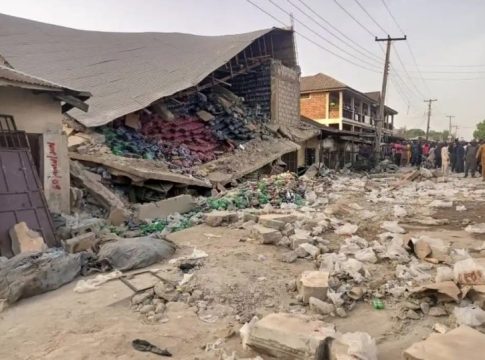The transformative role of private capital in spurring Africa’s economic development cannot be overstated. To actualize the continent’s vast potential, partnerships between state actors, private investors, and international bodies are proving to be crucial in channeling resources into comprehensive development projects.
Governments in Africa are tasked with the critical mission of crafting a fertile landscape for the private sector.
As they establish favorable regulatory policies and frameworks, they invite a flurry of private investment eager to capitalize on the continent’s burgeoning needs, particularly in infrastructure, food security, and service provision. Africa’s wealth of natural resources sets the stage for prosperous endeavors in sectors like energy, mining, and agriculture.
Despite the continent’s potential and a march toward economic fortification, the reality is that a substantial financing void plagues its landscape of opportunity.
READ MORE: Nigeria to Roll Out Second Round of HPV Vaccinations for Girls on May 27
Addressing this fiscal deficit requires creating a compelling environment for investment, one characterized by clear legislation, stable governance, and mitigated risk profiles.
Collaborative efforts between the government, the private sector, and multilateral organizations are key to mobilizing the necessary capital for pivotal projects.
These alliances are a boon for knowledge exchange, risk diversification, and strategic project planning, ensuring private capital’s optimal impact on Africa’s economic blueprint.
However, the World Bank’s insights suggest that while the earth harbors approximately $500 trillion in financial assets, development financing continues to face an escalating shortfall, with Africa feeling the brunt of this challenge.
The Bank’s role as a facilitator, offering expertise, institutional framework development, and macroeconomic support, is more vital than ever in nudging the flow of private capital into developmental channels.
The Bank advocates for a solution hinging on risk absorption, encouraging governments to employ its funds to assuage risk and thereby invite private sector investment rather than displace it.
In conclusion, This risk-capital infusion has the potential to leverage World Bank contributions more effectively, drawing in private funds and elevating the scale of impact.




